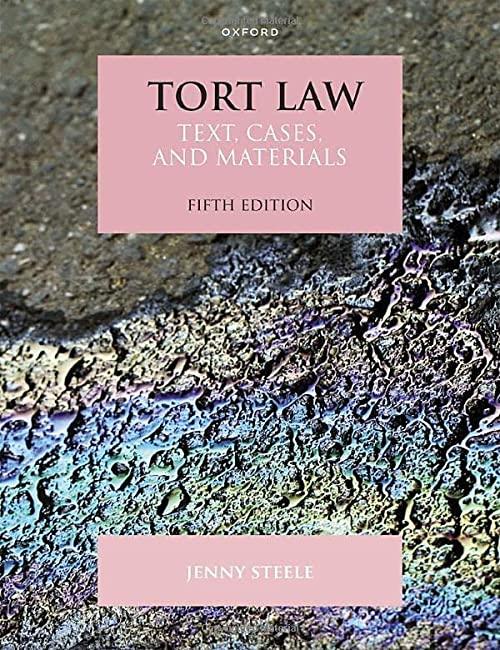Question
Review the section on defenses to charges of discrimination in Chapter 19. Lucky Rooster, a frozen chicken manufacturer based in Arkansas, has been sued for
Review the section on defenses to charges of discrimination in Chapter 19.
Lucky Rooster, a frozen chicken manufacturer based in Arkansas, has been sued for violating Title VII of the Civil Rights Act by three employees.
(1) Simon, a native of the State of California, sued after being denied a management position. Lucky Rooster's chief executive is from Arkansas and expects all managers to speak with a southern accent in order to fit in better in Arkansas.
(2) Alejo, an immigrant from the Dominican Republic who graduated from University of Oregon with a Forestry degree, sued after he interviewed for a job as a Manager of Livestock Processing (i.e. the process that makes the chickens into what we see in the freezer). He lost out to Alex who had a degree from the University of Arkansas in Food Science.
(3) Ginger, a 50 year old woman and assistant manager, has sued because she wasn't promoted to manager. She lost out to Rocky, another assistant manager, who has been with Lucky Rooster ten years longer. The company has never promoted an assistant manager to manager that had less experience than another assistant manager.
What is Lucky Rooster's defense in each case? What does the company have to prove in order to win? Would Lucky Rooster win or lose each case? Why or why not? Each case should have its own paragraph.
Step by Step Solution
There are 3 Steps involved in it
Step: 1

Get Instant Access to Expert-Tailored Solutions
See step-by-step solutions with expert insights and AI powered tools for academic success
Step: 2

Step: 3

Ace Your Homework with AI
Get the answers you need in no time with our AI-driven, step-by-step assistance
Get Started


